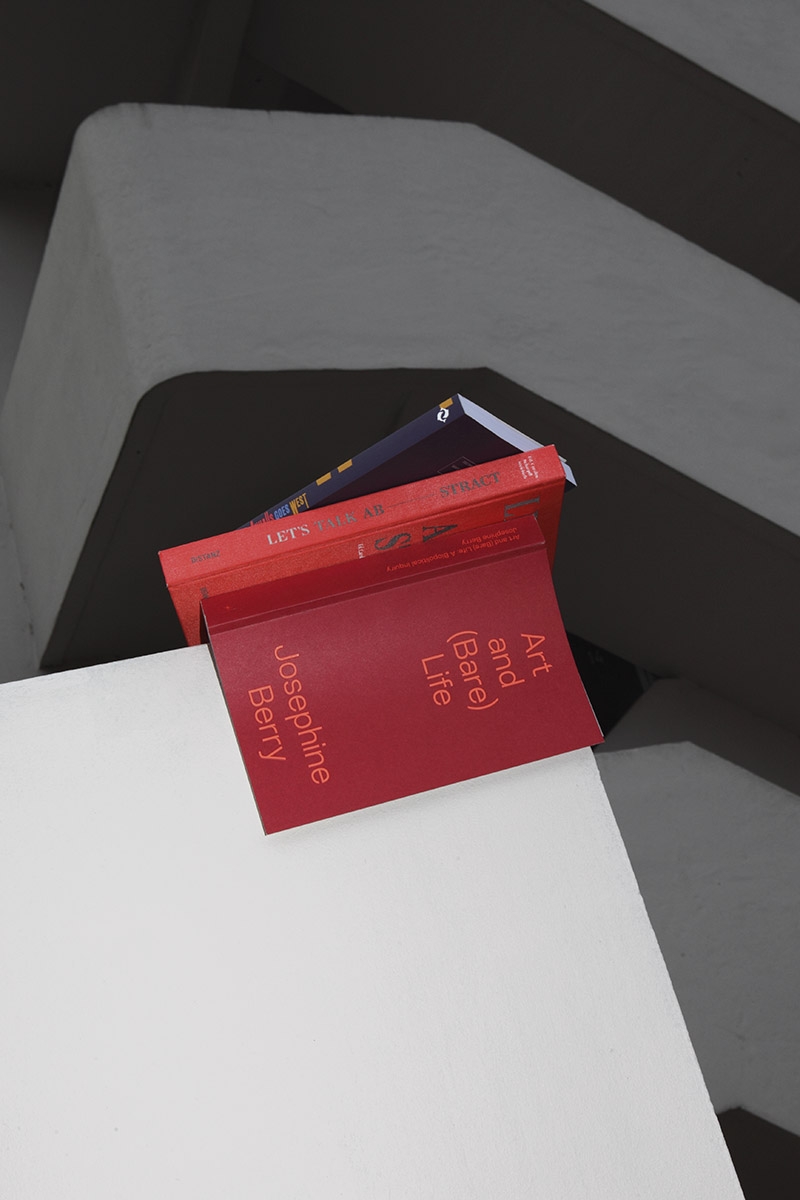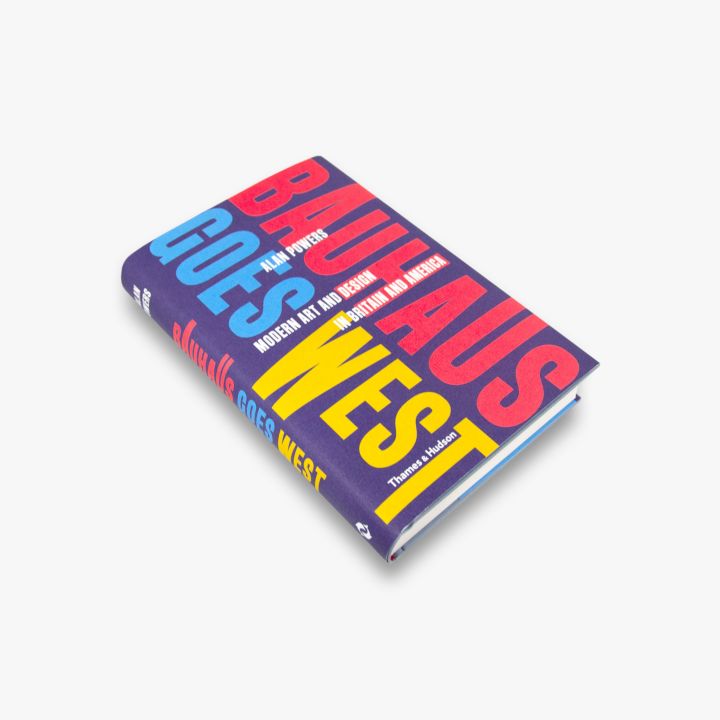
Bauhaus Goes West: Modern Art and Design in Britain and America
by Alan Powers, Thames & Hudson, £24.95 (hardcover)
Corpse. Zombie. Doppelgänger. These words recur throughout Alan Powers’s vigorously researched and rewarding investigation into what became of the Bauhaus, as its prime movers left Nazi Germany and travelled west. As Powers charts the Bauhaus’s evolution from school and teaching model, to descriptor for 1930s European Modernism, to stripped-down mode of industrial design in which form is secondary to function, to belief system in which mechanised rationalism counters ornamentation, bad taste, sentimentality, romanticism, the heart… well, you start to see where the zombies come in. And why deadness, undeadness and relentless, ghostly accompaniment are the themes of this particular history of the institution founded a century ago… Read the rest of David Terrien’s review here
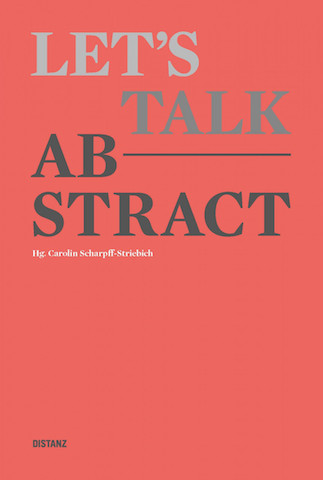
Let’s Talk Abstract
Edited by Carolin Scharpff-Striebich, Distanz, €32 (hardcover)
Abstraction is probably one of the most discussed subjects of twentieth-century art history; as such, any new publication on the subject either risks being a touch anachronistic or sets itself the difficult task of finding new ground. That hasn’t deterred Carolin Scharpff-Striebich, director of the Scharpff Collection, in Berlin. For this volume, she has invited 16 art historians, collection managers, critics, curators and artist-estate managers to select an abstract painting as a conversation piece… Read the rest of Louise Darblay’s review here
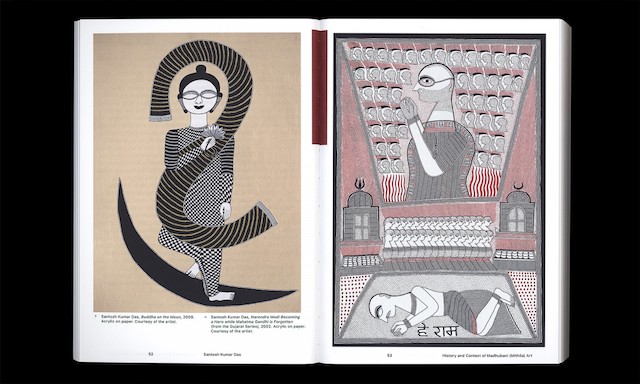
Sovereign Words. Indigenous Art, Curation and Criticism
Edited by Katya García Antón, OCA/Valiz, €22.50
George Orwell once wrote that autobiography is only to be trusted when it reveals something disgraceful: ‘a man who gives a good account of himself is probably lying, since any life when viewed from the inside is simply a series of defeats’. The same could be said of any attempt to document a global history of modern and contemporary art; disgrace and defeat are what frames the long history of colonisation to globalisation. And it’s precisely that narrative that major museums of art around the world are frantically reconstructing their displays and collections to describe. This is not the happy art-history of intellectual, societal and technological progress that has been celebrated by so many institutions in the West for so long. Because this is not simply a question of being more inclusive or encyclopaedic… Read the rest of Mark Rappolt’s review here
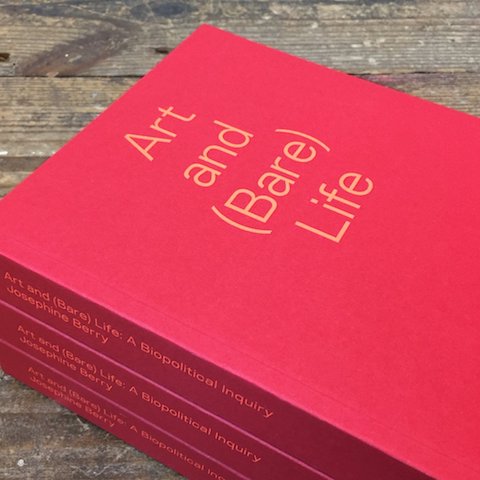
Art and (Bare) Life
by Josephine Berry, Sternberg, €25.00 (softcover)
What is the function of art in a society that measures culture according to its contribution to gross domestic product, its catalysing role in gentrification or its usefulness to the tourist board? Lamenting art’s presumed subordination to the neoliberal regime, Josephine Berry takes Michel Foucault’s concept of biopower – which describes the modern state’s policing of its citizens’ bodies – and identifies it with contemporary art’s infiltration of the everyday. This blurring of boundaries between art and life, she proposes, undermines the ‘entire notion of originality and autonomy’. And so the myth of individualism that art embodies in the popular imagination is used to mask the conformist desires upon which consumer capitalism depends… Read the rest of Ben Eastham’s review here
All reviews from the March 2019 issue of ArtReview
